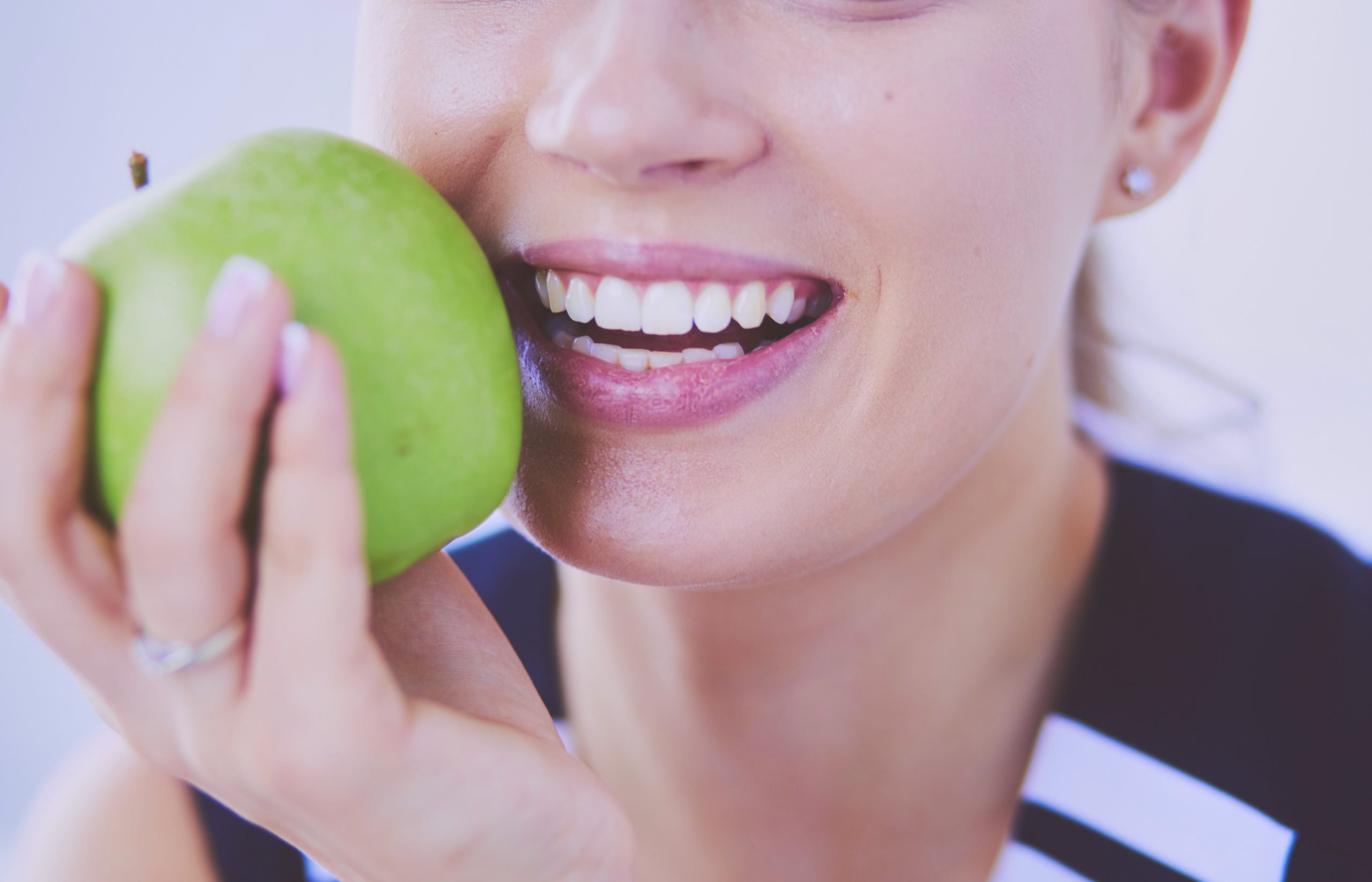Your diet significantly influences not only your overall health but also the condition of your teeth and gums. The foods and beverages you consume can significantly impact your oral health, influencing everything from the strength of your enamel to the health of your gums.
At Somerset Dental, we believe in educating our patients about the importance of a balanced diet in promoting optimal dental health. This article explores the connection between nutrition and oral health and provides practical tips to help you make better dietary choices for a healthier smile.
The Impact of Diet on Oral Health
Brushing and flossing aren’t enough – your teeth need more support than you think! From the proper nutrients to avoiding sugary beverages, read on for the impact of your diet on oral health.
Nutrient-Rich Foods for Strong Teeth
Eating a balanced diet that includes a variety of nutrient-rich foods is essential for maintaining strong and healthy teeth. Foods high in calcium, phosphorus, and vitamin D are particularly beneficial as they help to strengthen tooth enamel, the protective outer layer of your teeth.
Calcium and Phosphorus
Calcium and phosphorus are minerals that play a crucial role in maintaining strong teeth and bones. Dairy products like milk, cheese, and yogurt are excellent sources of calcium. Phosphorus can be found in foods such as meat, fish, eggs, and nuts. These minerals work together to remineralize and strengthen tooth enamel, making it more resistant to decay.
Vitamin D
Vitamin D is the crucial ingredient for the absorption of calcium and phosphorus in your body. Without adequate vitamin D, your body cannot effectively utilize these minerals, weakening teeth and bones. Foods rich in vitamin D include fatty fish like salmon and mackerel, as well as fortified dairy products and cereals. Additionally, spending time outdoors in sunlight can help your body produce vitamin D naturally.
Foods to Avoid for Better Oral Health
While some foods can strengthen your teeth, others can harm your oral health. It’s important to be mindful of the foods and beverages you consume to prevent tooth decay and other dental issues.
Sugary Foods and Drinks
Sugary foods and beverages are among the biggest culprits of tooth decay. When you consume sugar, the bacteria in your mouth feed on it and produce acids that erode tooth enamel. To minimize the risk of cavities, limit your intake of sweets, candies, and sugary drinks like soda and fruit juices. Instead, opt for water or unsweetened beverages.
Acidic Foods and Drinks
Acidic foods and drinks can also harm your teeth by eroding the enamel. Citrus fruits, tomatoes, and vinegar-based foods are highly acidic and can weaken enamel over time. Similarly, beverages like soda, sports drinks, and wine have high acid content. If you consume these foods and drinks, rinse your mouth with water afterward to help neutralize the acids.
The Role of Hydration
Staying hydrated is important for overall health and oral health. Drinking plenty of water helps wash away food particles and bacteria from your mouth, reducing the risk of tooth decay and gum disease. Water also stimulates saliva production, which is essential for maintaining a healthy mouth.
Benefits of Saliva
Saliva is more important than you may realize. It helps to neutralize acids produced by bacteria, wash away food particles, and provide disease-fighting substances throughout the mouth. Drinking water throughout the day helps keep your mouth moist and supports saliva production.
Practical Tips for a Tooth-Friendly Diet
To maintain a diet that supports your oral health, it’s important to make mindful choices about what you eat and drink. Here are some practical tips to help you choose foods and beverages that benefit your teeth and gums.
Choose Tooth-Friendly Snacks
When it comes to snacking, choose foods that are beneficial for your teeth. Fresh fruits and vegetables, like apples, carrots, and celery, are excellent choices. These crunchy foods stimulate saliva production and help to clean your teeth as you eat. Additionally, dairy products like cheese and yogurt provide calcium and phosphorus, which are essential for strong teeth.
Limit Snacking Frequency
Frequent snacking can increase the risk of tooth decay, as it exposes your teeth to acids produced by bacteria throughout the day. To protect your teeth, try to limit snacking to designated times and avoid grazing continuously. When you do snack, choose tooth-friendly options and drink water afterward to help rinse away food particles.
Be Mindful of Beverage Choices
The beverages you consume can significantly impact your oral health. Water is the best choice for staying hydrated and maintaining a healthy mouth. If you choose to drink beverages like soda, sports drinks, or fruit juices, do so in moderation and use a straw to minimize contact with your teeth. After consuming acidic or sugary drinks, rinse your mouth with water to help neutralize acids and wash away sugars.
Your diet plays a vital role in maintaining your oral health. By making conscious choices about your foods and beverages, you can help protect your teeth and gums from decay and disease.
At Somerset Dental, we are dedicated to providing you with the information and care you need to achieve optimal oral health. If you have any questions or need personalized dietary advice, don’t hesitate to schedule an appointment with us. Together, we can work towards a healthier, brighter smile.
What’s your favourite tooth-friendly snack? How do you ensure you get enough vitamin D? Share your thoughts with our readers in the comments below.





